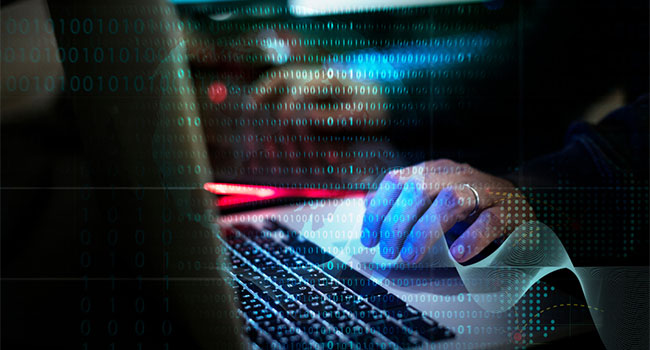
Simple Steps to Secure the Remote Workforce
- By Emmanuel Schalit
- May 04, 2020
It’s safe to say that everyone is feeling pretty uneasy right now. Our reality is changing dramatically, as each day brings a wave of new information. Suddenly we’re all indoors as much as possible, and if we’re lucky, working remotely.
Remote work presents a unique challenge as businesses must trust that employees will be extra careful in keeping the companies data safe, despite obvious challenges such as individuals using both company-provided and personal devices, and corporate information being shared over potentially unsecured WiFi connections. On top of this, hackers are launching targeted email phishing scams, with links posed as important COVID-19 information, that actually hand over passwords and other important personal information of susceptible users.
As the workplace becomes virtual and these new risks arise, additional security policies are essential. Here are some simple tips to keep the remote workforce secure during this unsettling time.
Keep the remote workforce informed
Internet scammers tend to take advantage of tragedy for their own gain and the current pandemic is no exception. Coronavirus phishing scams started circulating in January, preying on widespread fear and confusion around the virus, and they've only escalated since. With fewer security defenses on home networks than in the office, these attacks are proving successful.
The best defense against any phishing scam is educating employees on the two types of attacks - phishing and spear-phishing. The two threats are similar but different enough to represent two distinct modes of attack, and employees need to be able to spot them.
Phishing involves a hacking technique that casts a wide net by blasting out emails to thousands of recipients. These emails are designed to lure a user into clicking on a URL that leads to a landing page resembling a known brand, which will harvest personal information like login credentials. Think of it as malicious spam. For cybercriminals, captured log-ins and passwords are valuable because they can be used to commit financial fraud or impersonate a user and access corporate computer networks.
In contrast, spear phishing is highly targeted, oftentimes even targeting a single individual. Hackers send emails to specific and well-researched targets while pretending to be a trusted sender. The aim is to either infect devices with malware or convince victims to hand over important information or money.
The bottom line is to make sure employees know to be on lookout for phishing attacks from cybercriminals pitching anything from COVID-19 health information and fake cures to unasked for prompts to log into banking accounts, and to report them to security teams who can work to protect the entire network. Security teams can even alert the staff at large about specific attacks they’ve discovered. Remind your staff never to click on a link they didn’t expect to receive and to be extra vigilant in the evenings — it’s hard to "turn off” when working from home, and getting a random work email at night when you may be distracted may cause an unforced error.
Require a password manager
With companies implementing new services like video conferencing and virtual collaboration software, employees need to remember even more passwords. The biggest risk with this is password reuse. Creating unique, secure passwords is a great way to ensure hackers can't manage their way into your accounts, but that's often easier said than done. A password manager, however, automates password management for you, housing all of your passwords, as well as other information, in one convenient location. This means they will do all the work of creating complex passwords needed to protect online accounts from hackers. As an added layer of protection, they can also offer two-factor authentication, where a unique, one-time verification code is sent to your phone or security token when you log in.
Password managers with sharing tools should be prioritized for remote workers. As we all adjust to working from home, we will miss walking over to a coworker’s desk to ask for a company login. Not that this was ever a particularly smart idea. With a sharing tool, you can easily and securely share encrypted passwords with individuals or groups, and say goodbye to passwords sent insecurely over email, SMS or Slack.
VPN security is paramount
If your company has not already invested in a VPN, now's the time. On an insecure internet connection, your browsing activity can be intercepted and exploited both by hackers and anyone who is on your shared network. Including, for example, a family member’s compromised device. A VPN acts as a shield against anyone trying to view or track your online activity and personal data by creating an encrypted connection out of your home network to a known secure network. You can even change your server location for complete anonymity.
VPNs are one of the most time-tested solutions out there for secure remote access. However, if not properly maintained and implemented, attackers might leverage it to get access to important company data. Ensuring that the VPN stack is properly updated, using the right encryption, and continuously monitoring traffic patterns and usage are essential to a secure remote workforce.
It’s hard to juggle the stress of uncertain times and new ways of working. Keeping the remote workforce informed, requiring a password manager and implementing VPN security will only help make this difficult process a little bit easier.